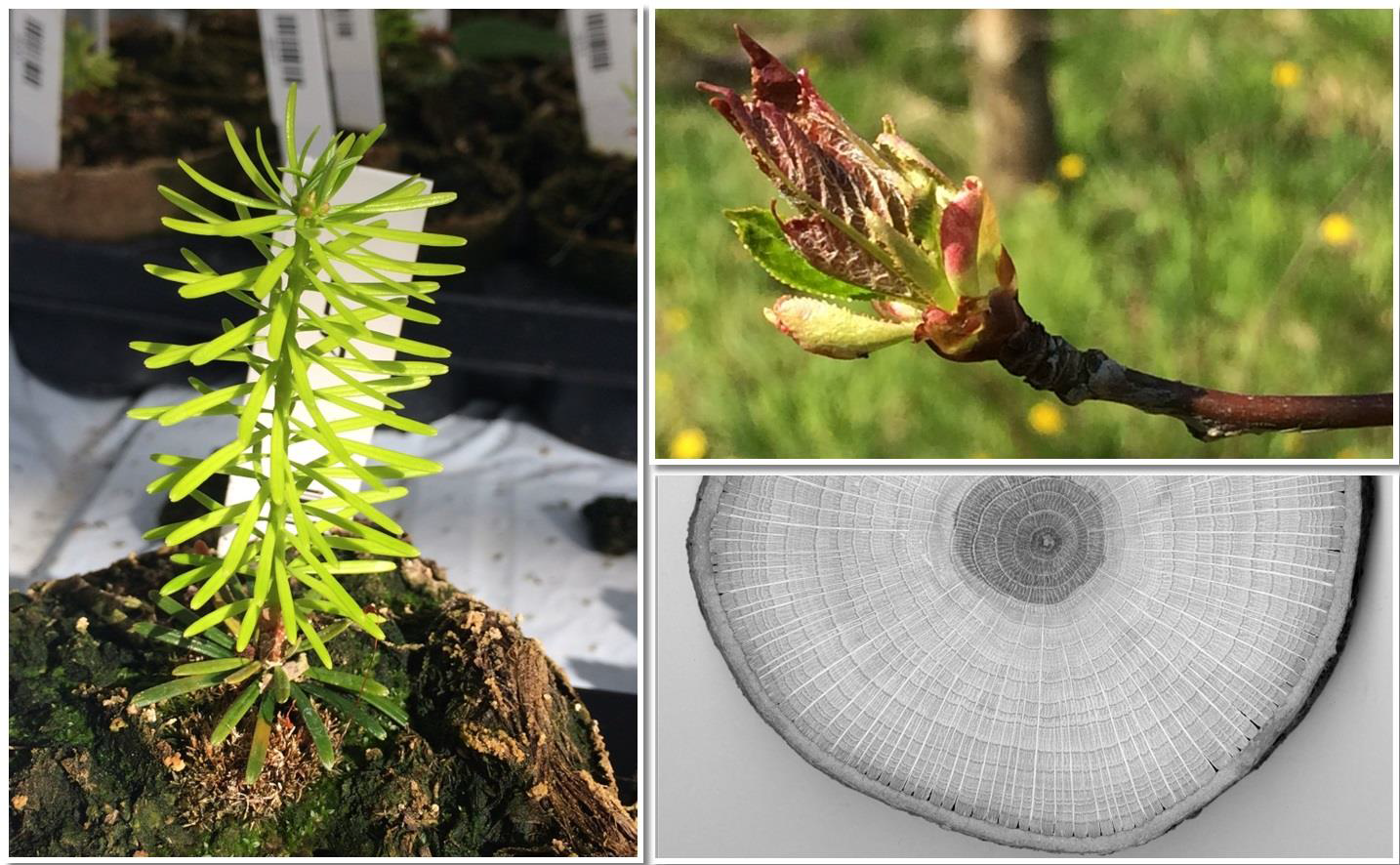Universitetsavisen
Nørregade 10
1165 København K
Tlf: 21 17 95 65 (man-fre kl. 9-15)
E-mail: uni-avis@adm.ku.dk
PhD thesis defense
PhD thesis defense — Albin Lobo defence on 24 November at Section for Forest, Nature and Biomass (IGN)
Date & Time:
Place:
Aud. A3-24.11, Department of Geosciences and Natural Resource Managament, Rolighedsvej 23, 1958 Frederiksberg C
Hosted by:
Section for forest, Nature and Biomass
Cost:
Free
Albin Lobo defends his thesis,
Trees for future forests
– Genetic and plastic responses in woody species to abiotic factors of climate change
Supervisors:
Senior Researcher Jon Kehlet Hansen, IGN
Professor Erik Dahl Kjær, IGN
Assessment Committee:
Senior Research Scientist Tor Myking, Norwegian Institute of Bioeconomy Research (NBIO)
Researcher Gunnar Jansson, Forestry Research Institute of Sweden (Skogforsk)
Senior Researcher Ulrik Bräuner Nielsen (chair), IGN
Summary:
Climate change creates new challenges in forest management. The increase in temperature may in the long run be beneficial for the forests in the northern latitudes, but the high rate at which climate change is predicted to proceed will make adaptation difficult because trees are long living sessile organisms. The aim of the present thesis is therefore to explore genetic resilience and phenotypic plasticity mechanisms that allows trees to adapt and evolve with changing climates. The thesis focus on the abiotic factors associated with climate change, especially raised temperatures and lack of precipitation. Adaptive traits such as phenology which is sensitive to changes in temperature and drought resistance as a response to water scarcity are studied. Quantitative genetics is extensively used in field phenotyping to identify the availability of sufficient genetic variation within species. Other phenotyping techniques such as molecular markers, dendrochronology and assessment of physiological traits are used in order to compliment field phenotyping. The results of the thesis demonstrate that various mechanisms for adaptation to future climatic challenges are present, and that woody species are likely to possess important adaptive potential as response to the potential negative impacts of climate change. Woody species generally possess a variation in phenology among and within populations and possibly a reasonable high ability to change phenology through natural selection. However, given the long rotation age of these tree species and the uncertainty around the pace and effect of climate, it remains an open question if the native populations can respond fast enough. Phenotypic plasticity through epigenetic regulation of spring phenology is found to be present in a tree species which might act as a faster mechanism in aiding climate change adaptation in trees. Drought resistance varied among the different species belonging to a single genus showing the inherent capacity of native species to overcome water scarcity in severely drought prone regions of the world. More research into the important topic of climate change adaptation is required, and the study demonstrates the importance of establishing and maintaining forest field trials as source of vital information regarding the amount of additive genetic variation and level of local differentiation within species. The results also suggest that wider collaboration among the disciplines of quantitative forest genetics, molecular analysis, dendrochronology, eco physiological and anatomical studies allow increased understanding of the climate change challenge in forests and enable faster identification of species/genotypes suited for future climates.
The thesis is available for inspection at the PhD administration office 04.1.413, Øster Voldgade 10
